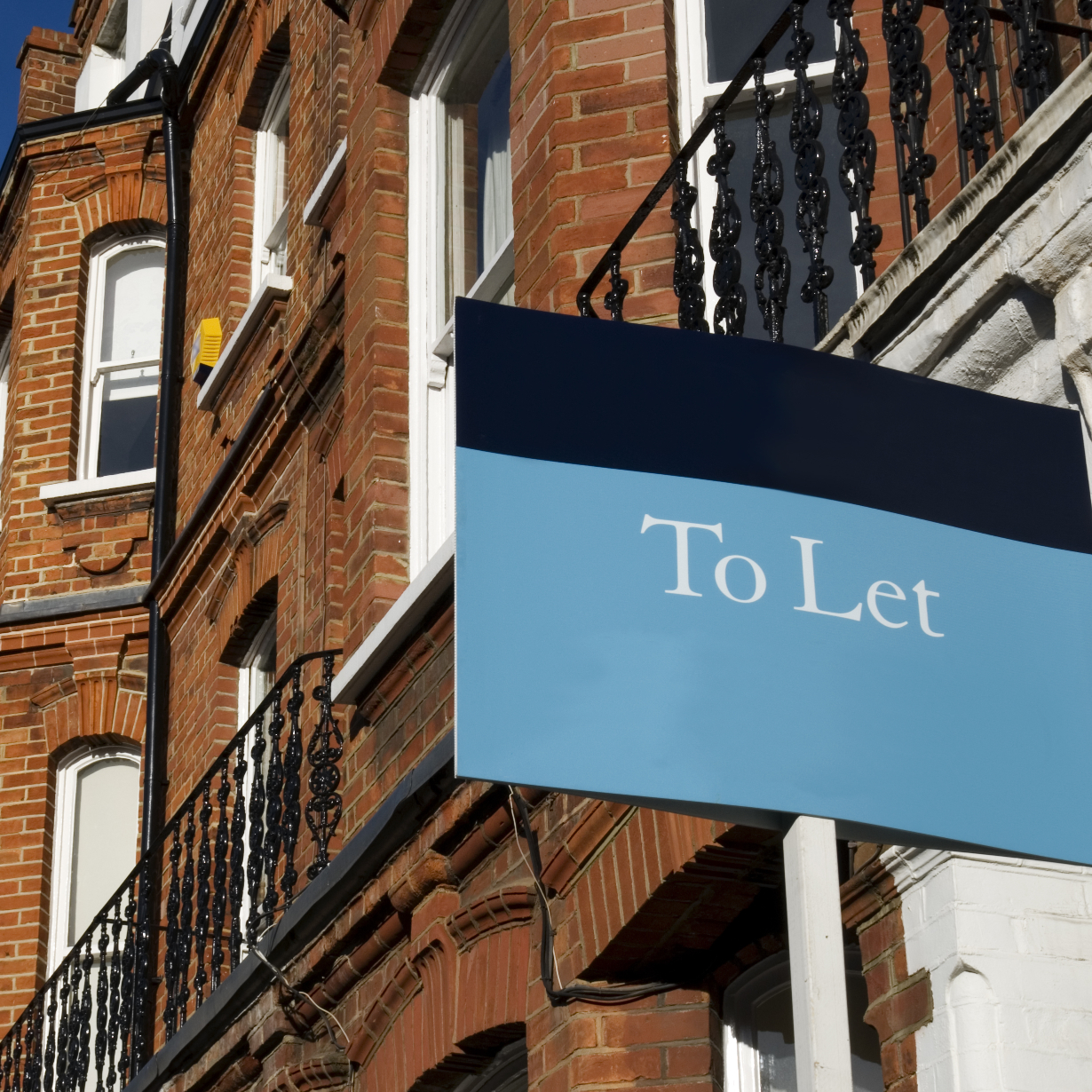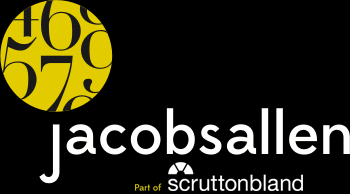Is your rental property paying its way?

Landlords will probably have started adding up for the last tax year to 5 April 2017 how much income their properties have generated, the level of expenditure and, most importantly, how much tax is due on that income.
It may lead some to question whether they are generating a strong enough return on their investment. At Jacobs Allen Chartered Accountants and Chartered Tax Advisers we can help answer that question.
If you are a landlord, or sole trader, earning £2,500 to £9,999 after allowable expenses, or £10,000 or more before allowable expenses, then you must complete a self-assessment return and pay the due tax as calculated by HMRC.
However, if the rental income you receive is from a room within your own home either to a tenant or by using it as a B&B, you can earn up to £7,500 a year tax-free under the rent a room scheme and there is no need to declare this. This rent-a-room allowance is halved if the property is owned by two people, meaning each person can earn up to £3,750 before tax is due.
As well as the tax demands, individuals running a property business in England and Wales with profits in excess of £5,965 per annum are required to pay class 2 national insurance (NI) contributions – currently set at £2.80 a week.
However, this is due to be scrapped from April 2018.
Other changes have being introduced sooner. From April of this year the Government has introduced a £1,000 tax-free annual allowance for property income.
If your income is within this limit, there is no need to declare it and to simplify the process for those who earn above this level, the £1,000 can be deducted from their taxable profits rather than calculating exact expenses.
If your expenses are in excess of this figure, it will be more beneficial to continue deducting all of the outgoings to keep your tax liability at the lowest possible level.
Our team at Jacobs Allen can offer advice on what income must be declared and when to pay tax.
We can ensure you are taking full advantage of the allowable expenses available including the costs of maintenance and repairs, buildings and contents insurance, ground rent, rent and service charges, utility bills, council tax, cleaning and gardening services, letting agents’ and accountants’ fees.
Landlords of residential properties can also deduct the cost of replacing furnishings, appliances and kitchenware from their profits before tax.
However, renovation costs cannot be deducted as expenses and, from April 2016, landlords have no longer been able to claim the former 10% wear and tear allowance if the property is let furnished.
Another change that we still anticipate many questions on is the new restriction on mortgage relief that have come into effect from the start of the 2017/18 tax year and increase gradually over the next few years.
Higher or additional rate taxpayers will see their tax relief reduced, the extent of this will depend on whether the personal tax allowance and tax bands change by 2020/21.
As well as these allowable expenses there could be a capital gains tax benefit for holiday let owners and we can advise further of the specifics of this.
If, after weighing up the income versus the expenditure and the tax liability, you come to the conclusion that your equity could work harder for you elsewhere and decide to sell you should be aware of another charge that you may be liable for.
In most cases, buy-to-let property is not eligible for private residence relief and will therefore be subject to Capital Gains Tax upon sale.
Profits made on the disposal of property above the annual exempt amount for capital gains, which was set at £11,100 for 2016/17 and is £11,300 for 2017/18, will be taxed at 18% for basic rate taxpayers and 28% for high earners.
Currently, this charge must be paid between 10 and 22 months after the completion of the sale of the property but from April 2019 this will be slashed to just 30 days.
If you want to know more, contact our team today.

